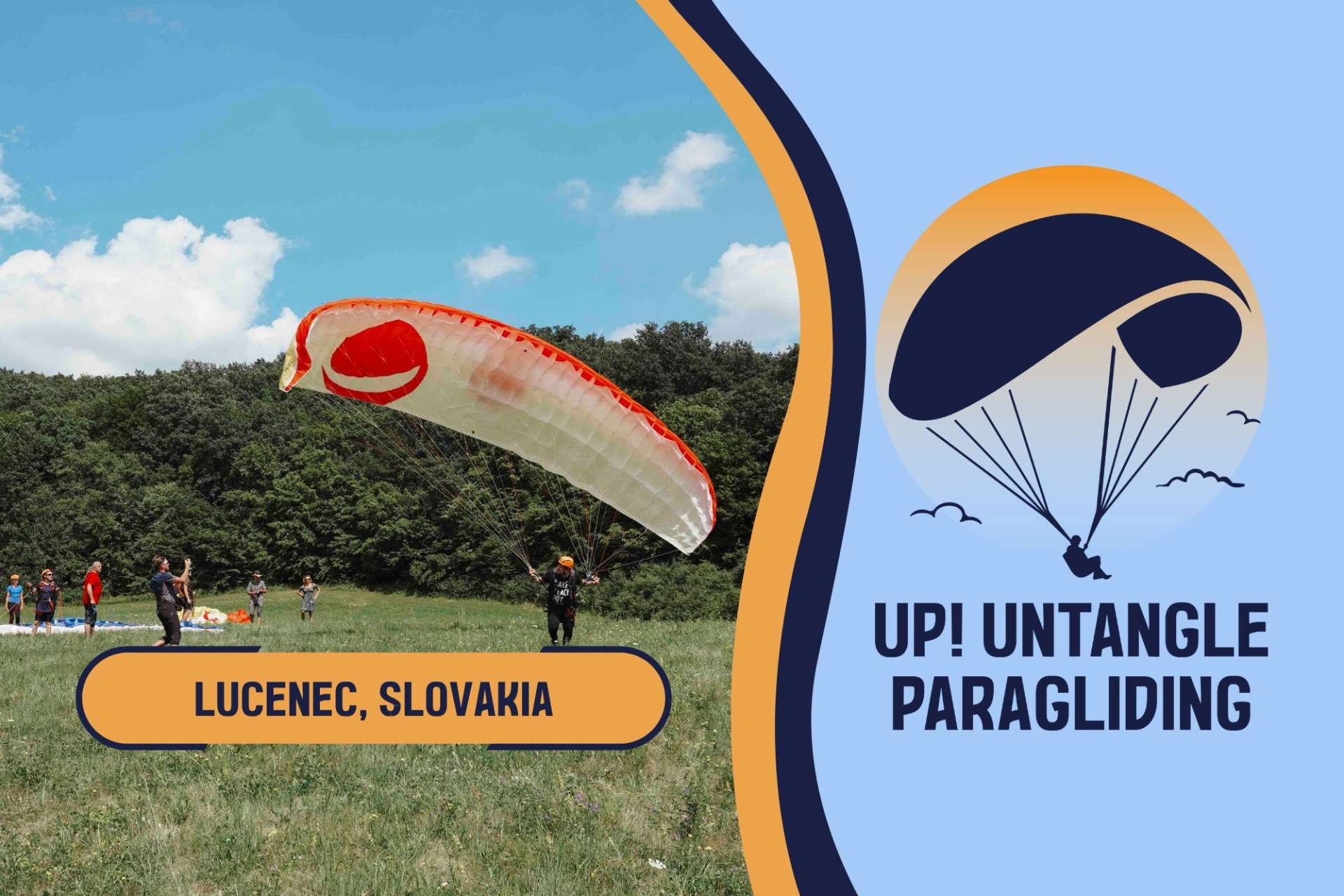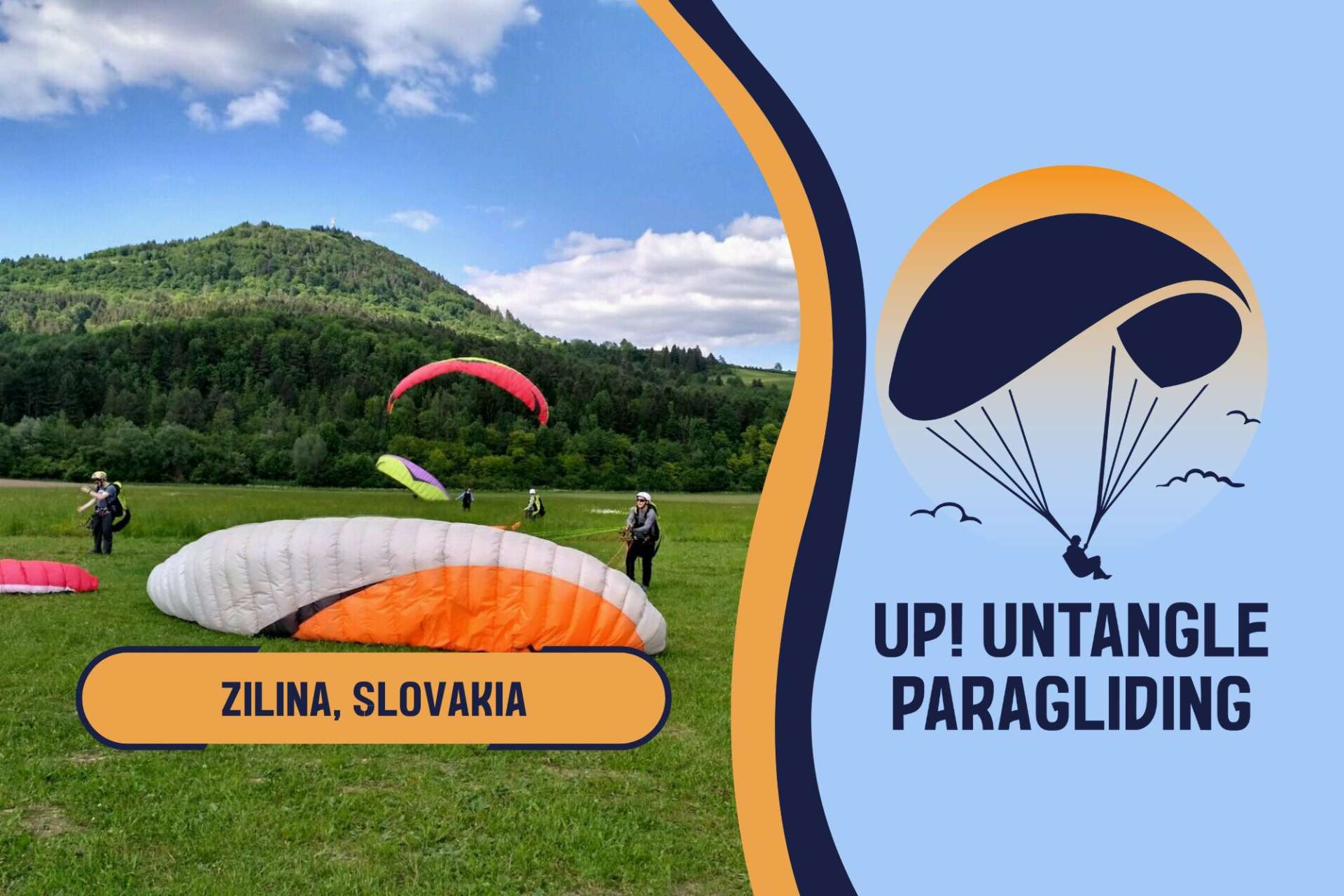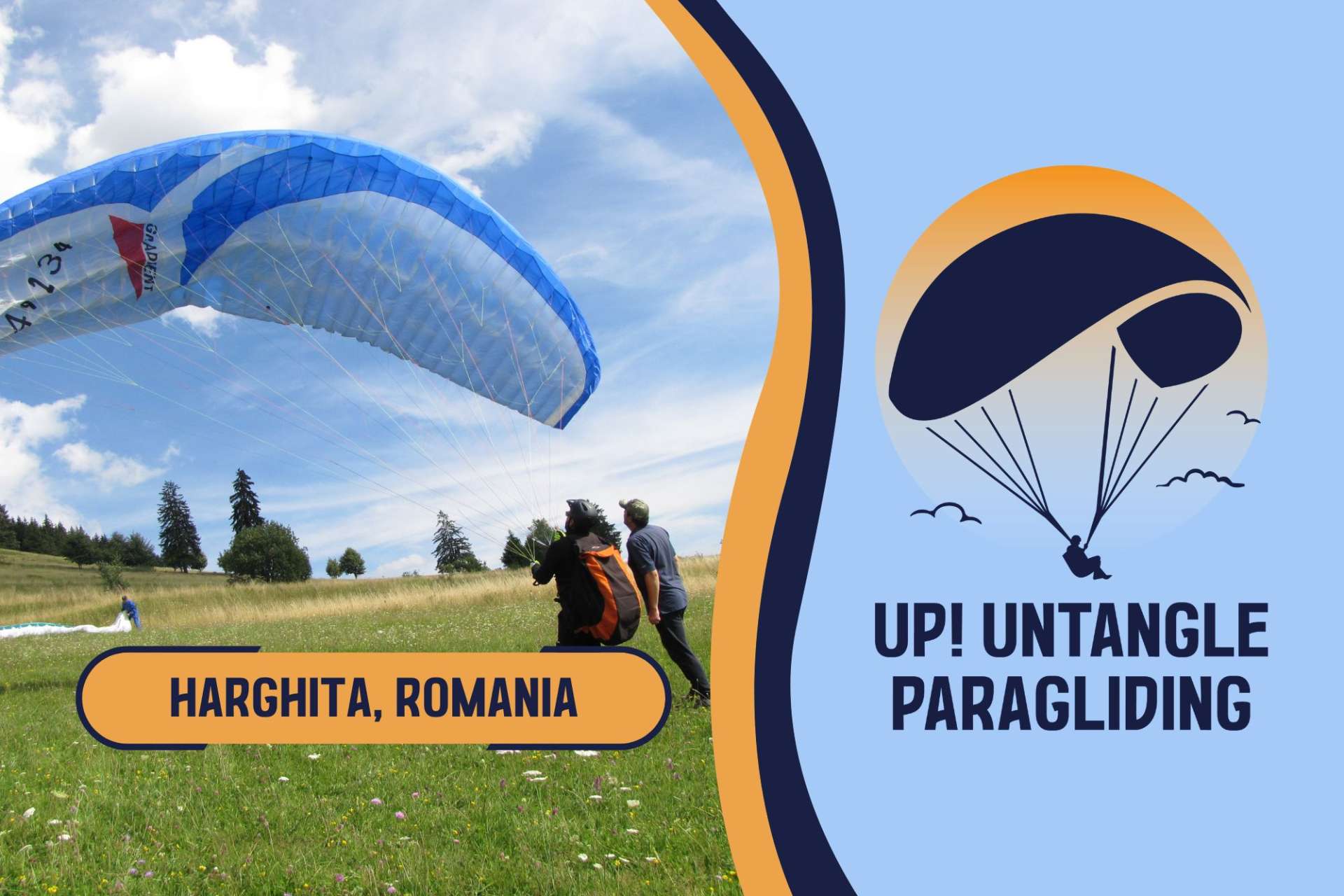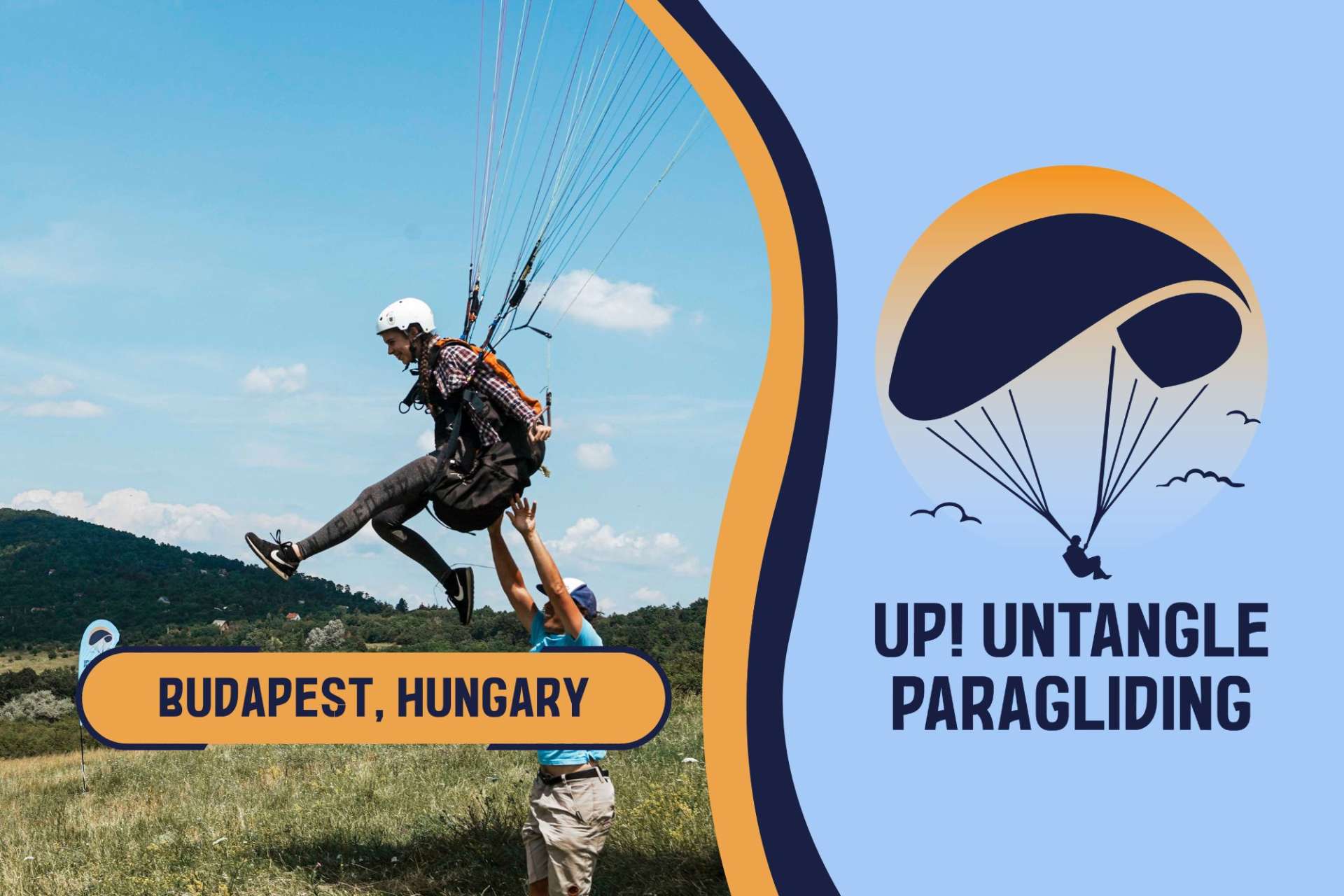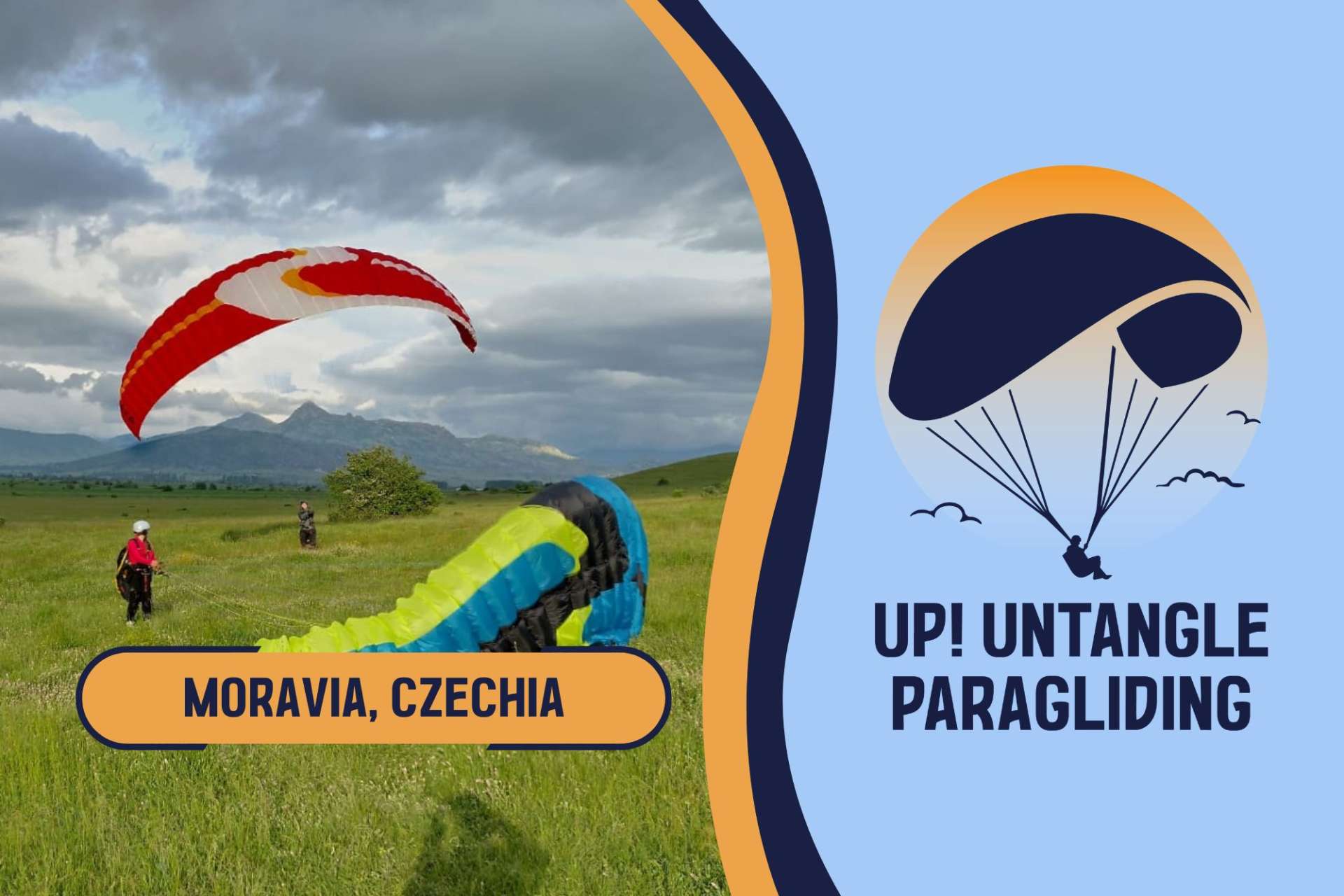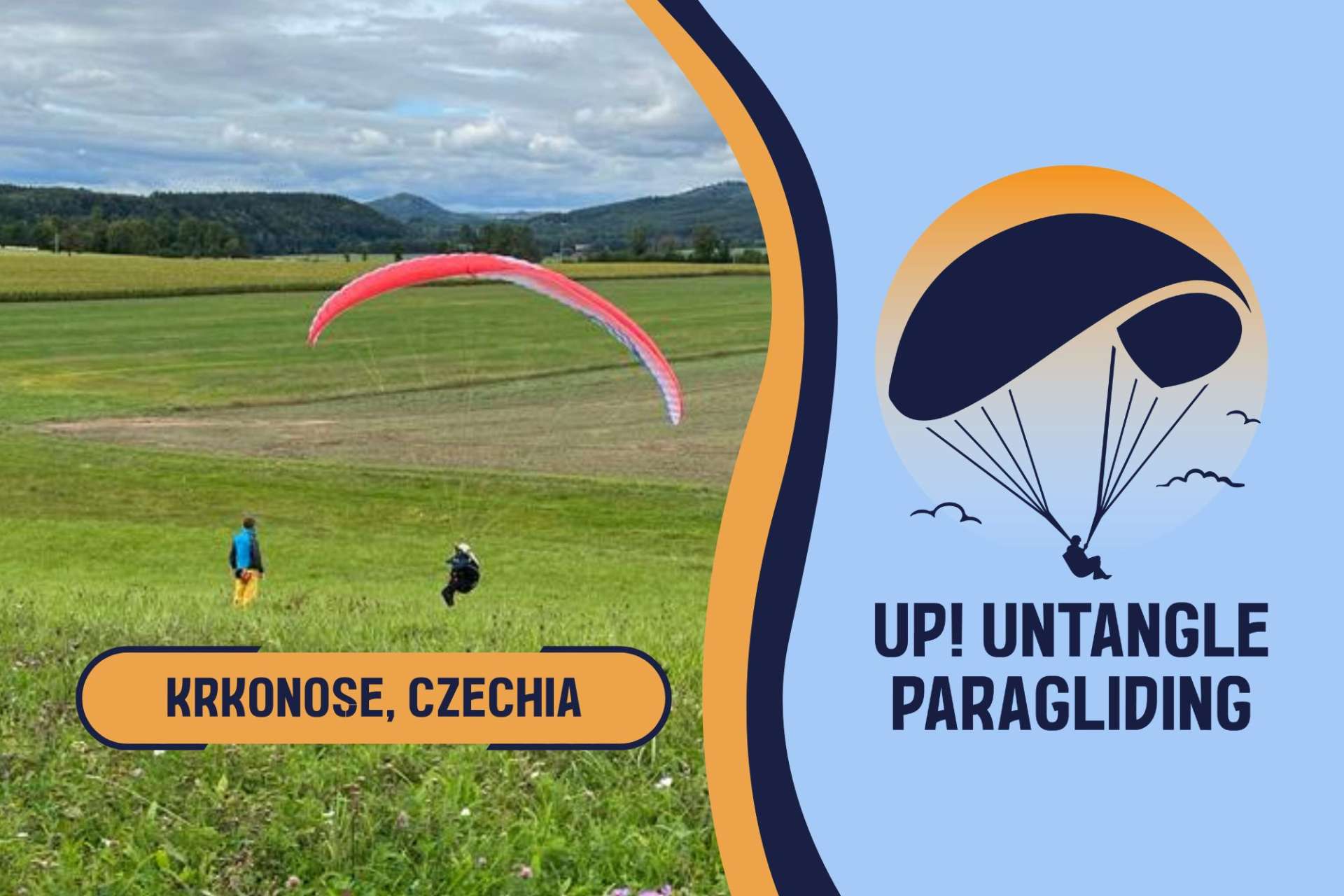Events
Participants
Locations
Flight Associations
UP! Untangle Paragliding project aimed to elevate participation in paragliding by initiating a comprehensive awareness campaign across four countries. Through the organization of eight Paragliding Open Weeks, the project successfully engaged more than 1000 individuals unfamiliar with paragliding, offering them the chance to delve into the basics and experience the thrill of flying.
This initiative not only heightened awareness and interest in paragliding but also fostered a platform for sharing expertise among project partners. Collaboratively, they distilled best practices and insights into a comprehensive guide on orchestrating and executing Paragliding Open Weeks, facilitating future endeavors in promoting the sport.
The project’s overarching objective was to broaden the understanding and allure of paragliding, culminating in an increased participation rate and a knowledge-sharing framework that could sustain and proliferate interest in paragliding across diverse communities.
Guide
A useful tool for Paragliding Clubs and instructors
This guide provides a detailed roadmap for organizing and executing a successful paragliding open week. From the initial stages of targeted promotion and information dissemination to the practical aspects of on-site logistics and hands-on training, every facet of the paragliding experience is meticulously addressed.
It serves as a valuable resource for both novice instructors and experienced organizers, offering insights and best practices to ensure the successful and enjoyable execution of paragliding open week. By adhering to the principles outlined in this guide, organizers can create an environment where participants can be eager to continue their journey in the thrilling world of paragliding.
Also available in
UP in Media
Our project got featured in different media outlets.

Funded by the European Union. Views and opinions expressed are however those of the author(s) only and do not necessarily reflect those of the European Union or the European Education and Culture Executive Agency (EACEA). Neither the European Union nor EACEA can be held responsible for them.

